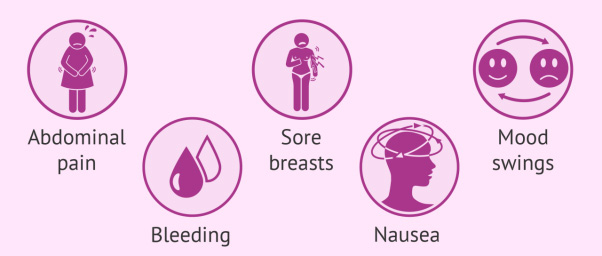IUI and pregnancy: Discover how IUI treatment boosts pregnancy chances. Learn about the IUI pregnancy tests and treatment procedure.

Intrauterine insemination (IUI) is a common fertility treatment designed to increase the chances of pregnancy by placing sperm directly into the uterus. Here's an overview of how IUI boosts pregnancy chances, the treatment procedure, and pregnancy testing after IUI.
How IUI Boosts Pregnancy Chances
- Optimal Timing: IUI is usually performed around ovulation, ensuring sperm is introduced when the egg is available.
- Targeted Delivery: By placing sperm directly into the uterus, IUI reduces the distance sperm must travel to reach the egg, bypassing obstacles like cervical mucus.
- Enhanced Sperm Quality: Before the procedure, sperm is washed and concentrated to select the healthiest and most motile sperm.
IUI Treatment Procedure
- Pre-Treatment Preparation:
- Hormonal medications may be prescribed to stimulate ovulation.
- Monitoring includes ultrasounds and blood tests to track follicle development.
- A trigger shot (hCG) might be used to induce ovulation.
- Sperm Collection and Processing:
- Sperm is collected from the partner or a donor.
- It is washed to remove impurities and concentrate motile sperm.
- IUI Procedure:
- A thin catheter is used to place the prepared sperm directly into the uterus.
- The process is usually quick and painless, taking about 10–15 minutes.
- Post-Procedure:
- Patients may rest briefly but can resume normal activities shortly after.
IUI Pregnancy Tests
- Two-Week Wait: After the IUI procedure, a waiting period of 14 days is recommended before taking a pregnancy test.
- Testing Methods:
- Blood Test (hCG): Conducted at a clinic to detect pregnancy hormone levels.
- Home Pregnancy Test: Can be used but may yield false negatives if done too early.
- Signs of Pregnancy: Missed periods, fatigue, nausea, and breast tenderness may indicate pregnancy, but a test is needed for confirmation.
Success Rates and Considerations
- IUI success depends on factors like age, the underlying fertility issue, and whether fertility medications were used.
- Typical success rates per cycle range from 10% to 20%, increasing with repeated attempts.
If you're considering IUI or undergoing treatment, consult with a fertility specialist to tailor the approach to your unique needs.
